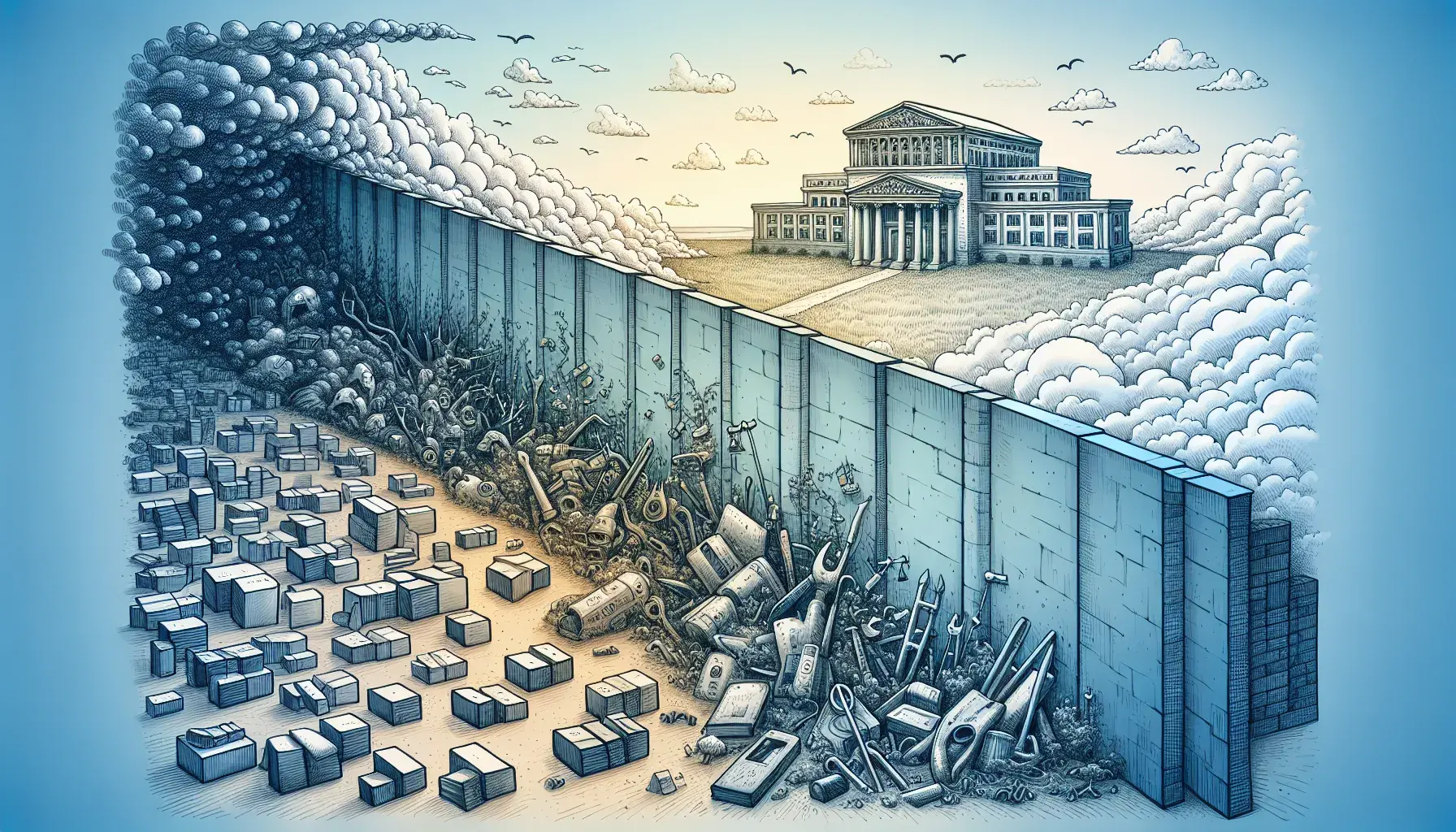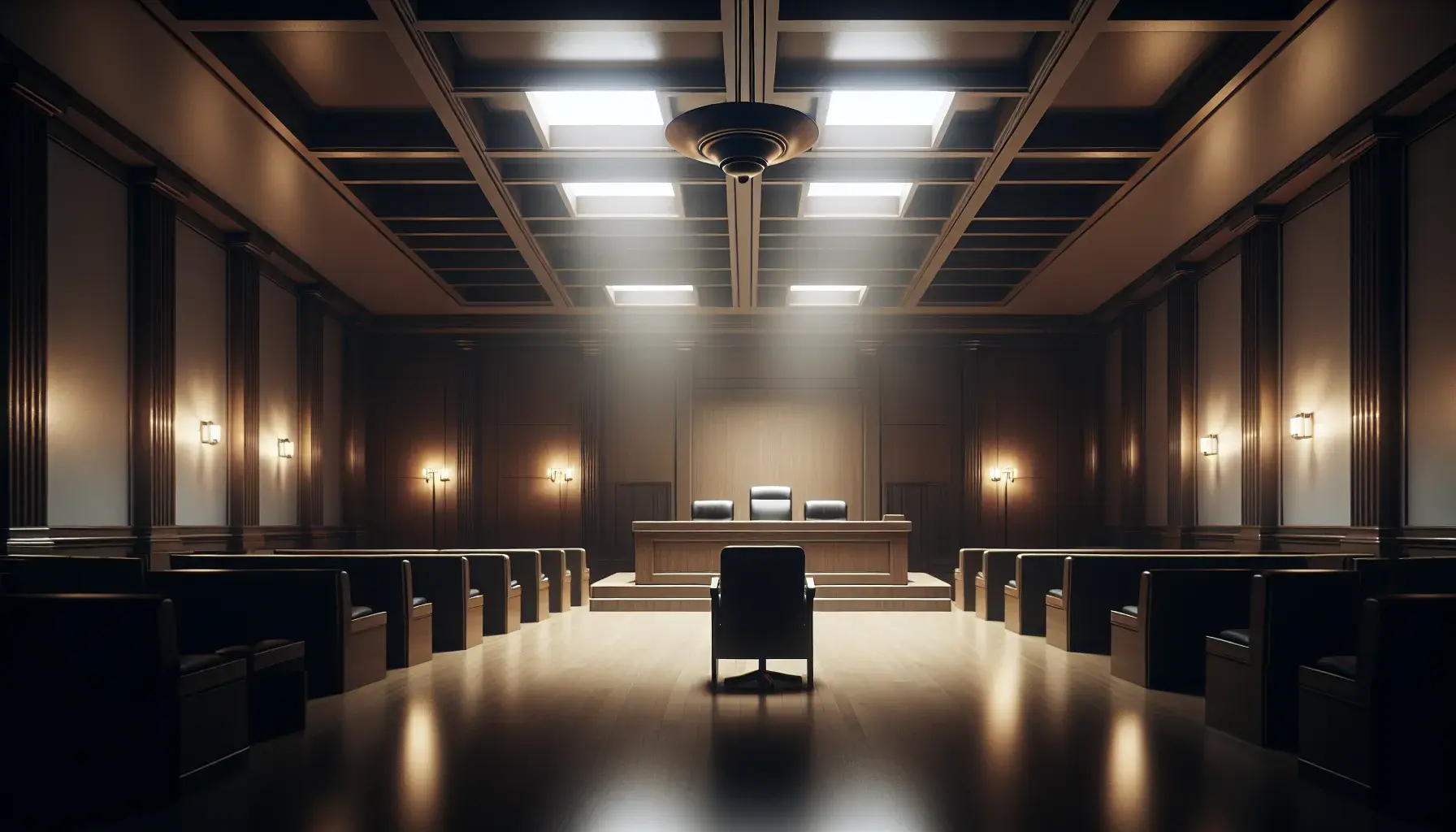Corporate America Sits Out Supreme Court Fight Over Trump Tariffs
Corporate America has largely stayed out of the Supreme Court fight over Donald Trump’s tariffs, even as the justices take up a challenge that could reshape presidential power over trade and the cost of everyday imports.

What Happened
The Supreme Court will hear the case on November 5, 2025, weighing whether the International Emergency Economic Powers Act allows a president to levy sweeping import taxes. The challenge was led by small businesses including educational toymaker Learning Resources and New York wine importer V.O.S. Selections, after lower courts ruled that Trump exceeded his authority under the 1977 law. Trump said he will not attend the arguments, framing the dispute as a matter of national interest rather than personal presence.
Why Big Firms Are Quiet
While the case could influence supply chains and consumer prices, no household‑name corporations filed briefs supporting the challengers. Instead, industry has largely focused on private lobbying and exemptions rather than a public court fight. One major exception: the U.S. Chamber of Commerce, which sided with the small‑business plaintiffs—an illustration of the split between trade‑dependent companies and an administration that has leaned on tariffs as a negotiating tool.
No major companies filed briefs backing the challengers, according to court filings reviewed by national outlets. Conservative and libertarian legal groups, along with dozens of former judges and policy scholars, supplied much of the outside support for the lawsuits.
What’s at Stake
The case could redraw the balance between Congress and the presidency on tariffs, which function as taxes. A ruling that curbs emergency‑based levies would narrow executive latitude in trade disputes and force the administration to rely on more limited statutes. It could also trigger financial ripple effects: businesses have paid about $90 billion under the emergency tariffs as of late September, raising the prospect of refunds if the policy falls.
Beyond the legal doctrine, the outcome will affect price pressures and planning for import‑reliant sectors—from retail to electronics—where sudden rate shifts have complicated purchasing and inventory decisions.
What’s Next
Wednesday’s arguments begin a sprint toward a decision expected later in the term. The administration has warned of broad economic consequences if it loses; the challengers say the Constitution reserves tariff‑making to Congress and that emergency powers can’t be stretched this far. However the Court rules, the decision will set the rules of the road for future tariff fights—and determine whether the current levies stand, shrink, or must be unwound.
Sources
- A toy maker takes his case against Trump's tariffs to the Supreme Court — Reuters (November 1, 2025)
- Trump says he will not attend Supreme Court's oral arguments on tariffs — Reuters (November 2, 2025)
- Mystery conservative donors bankroll opposition to Trump’s tariffs — Washington Post (November 4, 2025)
- Trump's not going to the Supreme Court hearing on tariffs. But his treasury secretary will be there — Associated Press (November 4, 2025)
- Docket for 24-1287, Learning Resources, Inc. v. Donald J. Trump — Supreme Court of the United States (September 18, 2025 order setting argument)
You May Also Like
These Related Stories

Big Business Sits Out Supreme Court Fight Over Trump Tariffs

Big Business Sits Out Supreme Court Fight Over Trump Tariffs

No Comments Yet
Let us know what you think